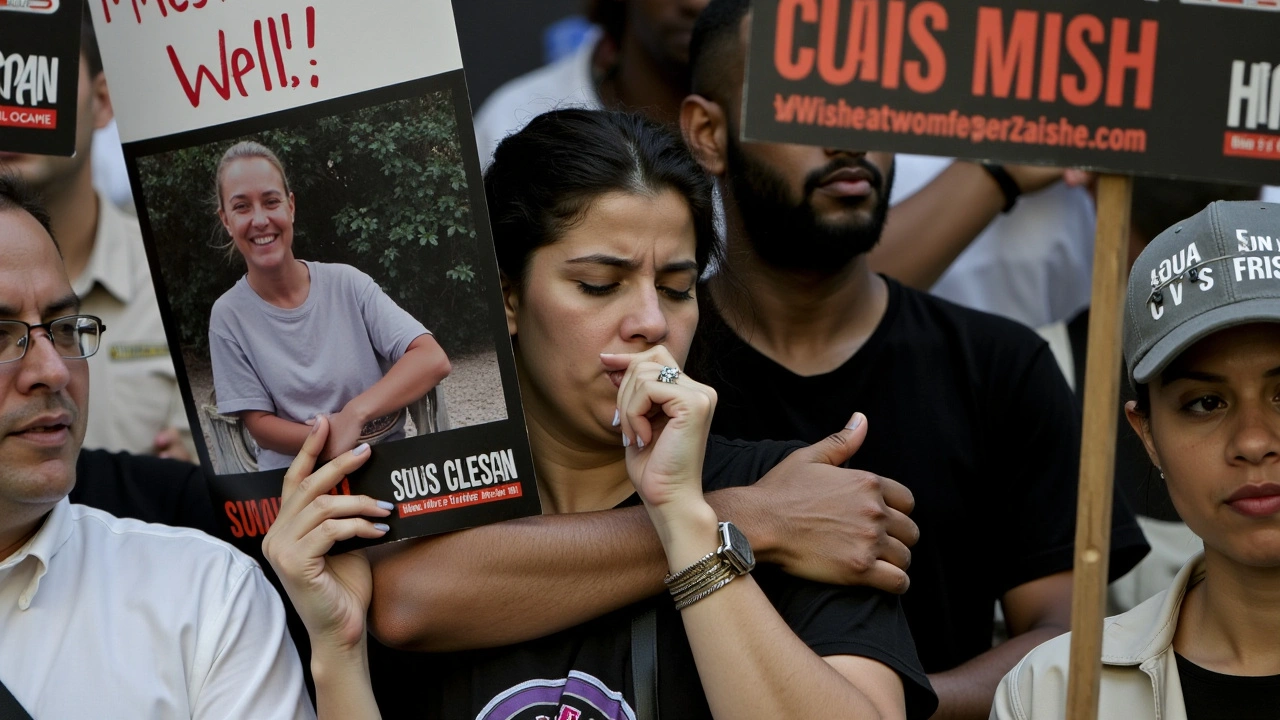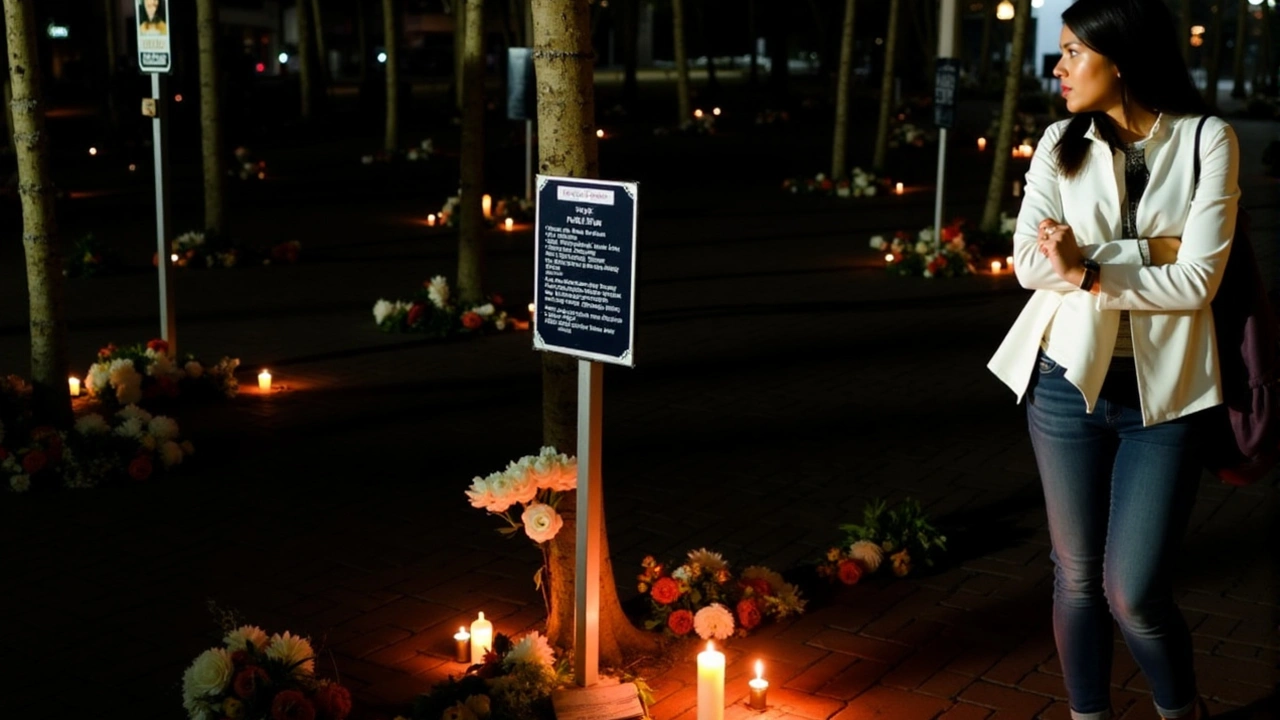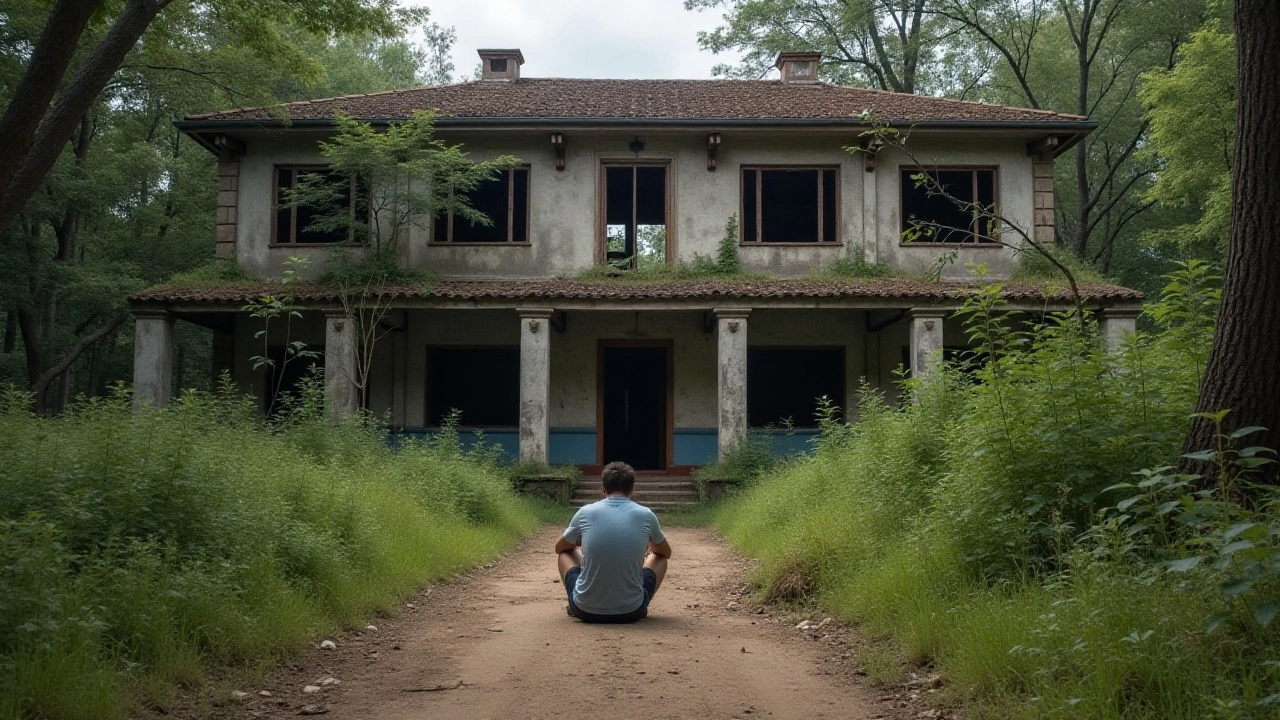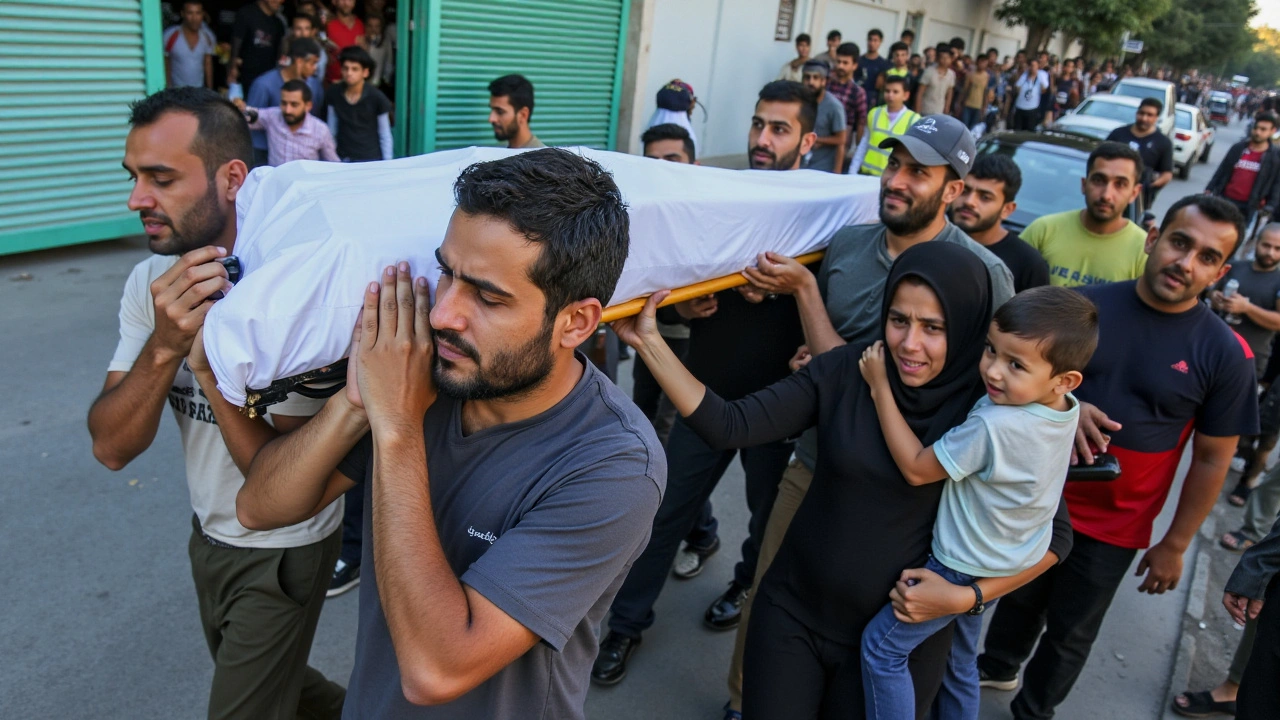The Beginning of a Conflict: October 7, 2023
On October 7, 2023, the world witnessed the eruption of a significant conflict as Hamas, along with various Palestinian factions, launched an audacious operation against southern Israel. This abrupt act involved breaching Gaza's barrier, taking Israel's defense apparatus by surprise. The immediate consequences were dire, with substantial loss of life and the captivity of many. Israeli Prime Minister Benjamin Netanyahu's administration faced intense scrutiny, with critics questioning how such a substantial breach could go undetected. This incident set the stage for what would become a relentless conflict.
Immediate Israeli Retaliation
Within hours of the attack, Israel launched a fierce retaliatory campaign against Gaza. Airstrikes ravaged the area, with hundreds of casualties reported almost instantly. Netanyahu's administration vowed to eliminate Hamas, marking the beginning of a prolonged offensive that swept across the region. The repercussions were vast, inflicting considerable damage on Gaza's infrastructure and suffering for its residents. Questions about proportionality and civilian safety echoed across international platforms, raising ethical and legal debates.
The Emergence of Hezbollah
Hezbollah entered the fray on October 8, 2023, launching rockets from Lebanon as a demonstration of solidarity with Gaza. Their primary target was the Shebaa Farms, a strategically significant area due to its contested status. This development brought another dimension to the conflict, complicating diplomatic efforts and increasing regional tensions. It also highlighted the potential for the skirmish to spiral into a broader regional conflict, drawing neighboring countries into an already complex situation.

Efforts at Ceasefire: November 24 to December 1, 2023
The possibility of peace briefly glimmered when a four-day ceasefire was brokered by Qatar. This temporary truce allowed much-needed humanitarian aid to enter Gaza. In a bid to deescalate the situation, Hamas released some of the hostages while Israel reciprocated by freeing Palestinian detainees. However, despite the hope instilled by this gesture, the ceasefire proved short-lived, collapsing after a mere seven days. Subsequent attempts to negotiate a lasting peace have stalled, leaving the region in a persistent state of uncertainty and fear.
Israel's Offensive in Rafah: May 6, 2024
The assault on Rafah marked a significant escalation in the conflict. Israel's invasion, deemed "limited" by its government, was met with widespread condemnation. The strategic city remained under siege, with its borders sealed, cutting off critical aid and escape routes for those trapped within. International reactions varied, with some nations vocalizing their opposition and others maintaining a muted response. The fallout from this offensive reverberated on a global scale, prompting calls for humanitarian intervention and stricter regulatory mechanisms against such military actions.
Al-Mawasi Massacre: July 13, 2024
The events in al-Mawasi represented one of the darkest days in this ongoing conflict. The Israeli military's targeting of what was declared a "safe zone" led to the deaths of numerous civilians, exacerbating the humanitarian crisis. Survivors recounted harrowing tales of destruction, describing how their shelters and essential resources were obliterated. Images and stories from the aftermath circulated globally, sparking outrage and heightening calls for accountability and justice for the victims.

International Reaction and Legal Challenges
The international community, led by bodies such as the United Nations, voiced increasing alarm over the situation. Reports emerged highlighting the severe toll on Gaza's child population, with fatalities exceeding those of any other recent conflict. Statements from leaders like Egypt's President Abdel-Fattah El-Sisi called for immediate cessation of hostilities. Meanwhile, entities such as the International Court of Justice sought legal redress, although their calls were largely ignored by belligerent parties, underlining the complex nature of enforcing international law.
Casualties and Humanitarian Impact
The human cost of this conflict is staggering. Over 140,000 Palestinians have suffered death or injury, with many more displaced from their homes. The infrastructure supporting civilian life has been decimated, leaving millions in despair. Reports suggest that the dead in Gaza could number well beyond official records. With such extensive loss, humanitarian organizations face immense challenges in delivering aid and providing support to affected communities.
Houthis and Other Regional Actors
The conflict's reach extends beyond Israel and Gaza, drawing in actors like the Houthis, who have launched numerous maritime strikes. These attacks target vessels believed to be linked to Israel, raising concerns about the security of crucial global trade routes. They underscore the broader geopolitical ramifications of the Gaza conflict, implicating various international stakeholders in a protracted confrontation that could potentially affect global markets and security.

The Future of the Conflict
As the conflict continues into its second year, Israel persists in its military initiatives, with strikes extending into neighboring countries like Lebanon, Syria, and even Yemen. The international community remains divided in its response, with some nations calling for restraint and others subtly endorsing Israel's stance. While ceasefire negotiations have languished, many fear further escalation could be imminent. The humanitarian needs in Gaza remain dire, calling for an urgent reevaluation of strategies to foster peace and rebuild shattered lives.


Aaron Leclaire
October 9, 2024 AT 02:30Steve Cox
October 10, 2024 AT 13:13Derrek Wortham
October 11, 2024 AT 13:38Jasvir Singh
October 12, 2024 AT 02:02Drasti Patel
October 13, 2024 AT 12:14Mitch Roberts
October 13, 2024 AT 14:53Mark Venema
October 14, 2024 AT 13:28Mark Dodak
October 14, 2024 AT 17:55Jason Lo
October 15, 2024 AT 16:11Brian Gallagher
October 17, 2024 AT 10:32Elizabeth Alfonso Prieto
October 18, 2024 AT 02:43Harry Adams
October 19, 2024 AT 05:05Kieran Scott
October 19, 2024 AT 08:23Derek Pholms
October 20, 2024 AT 08:16musa dogan
October 22, 2024 AT 02:13Stephanie Reed
October 23, 2024 AT 19:51Brian Walko
October 24, 2024 AT 20:12